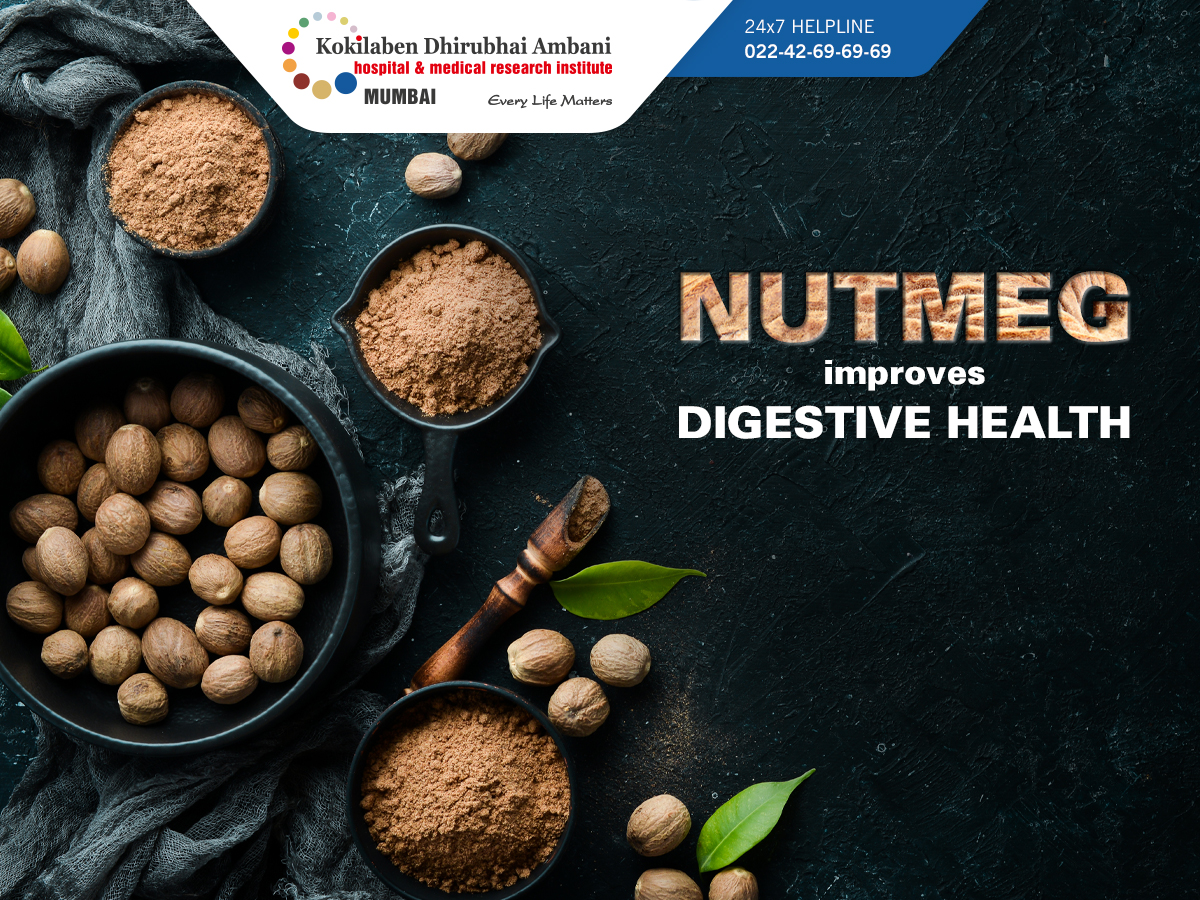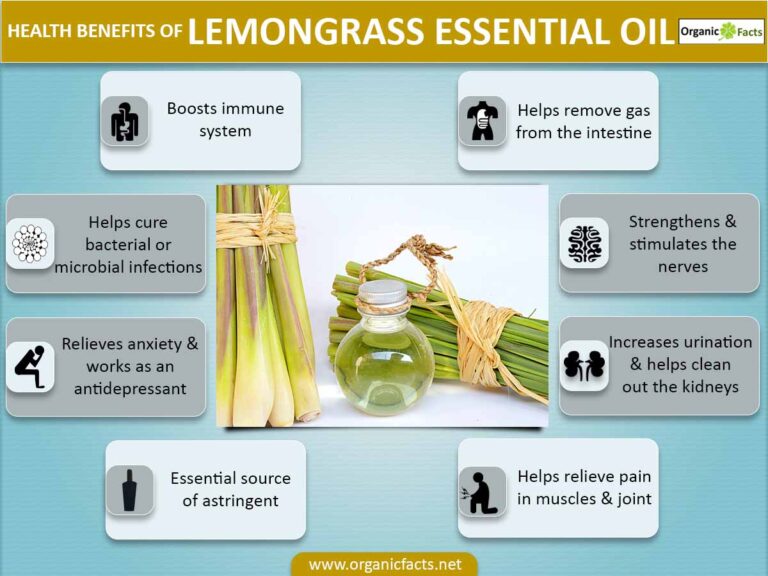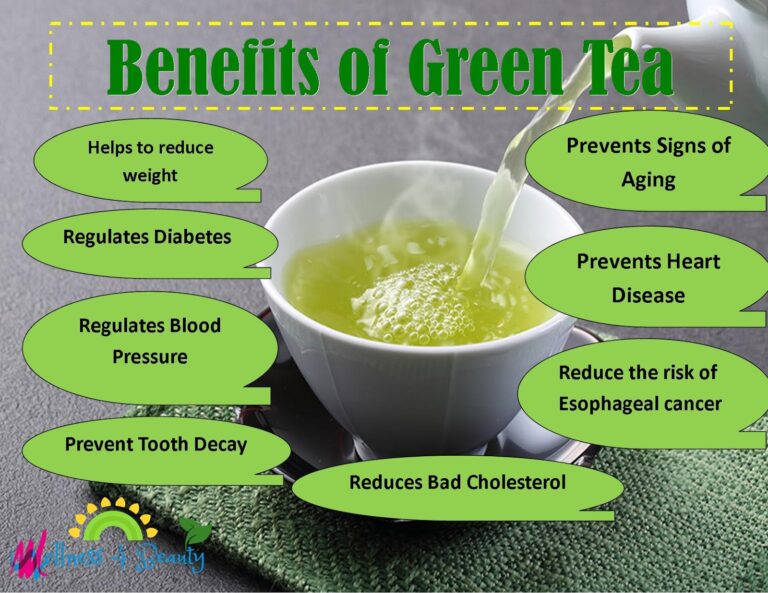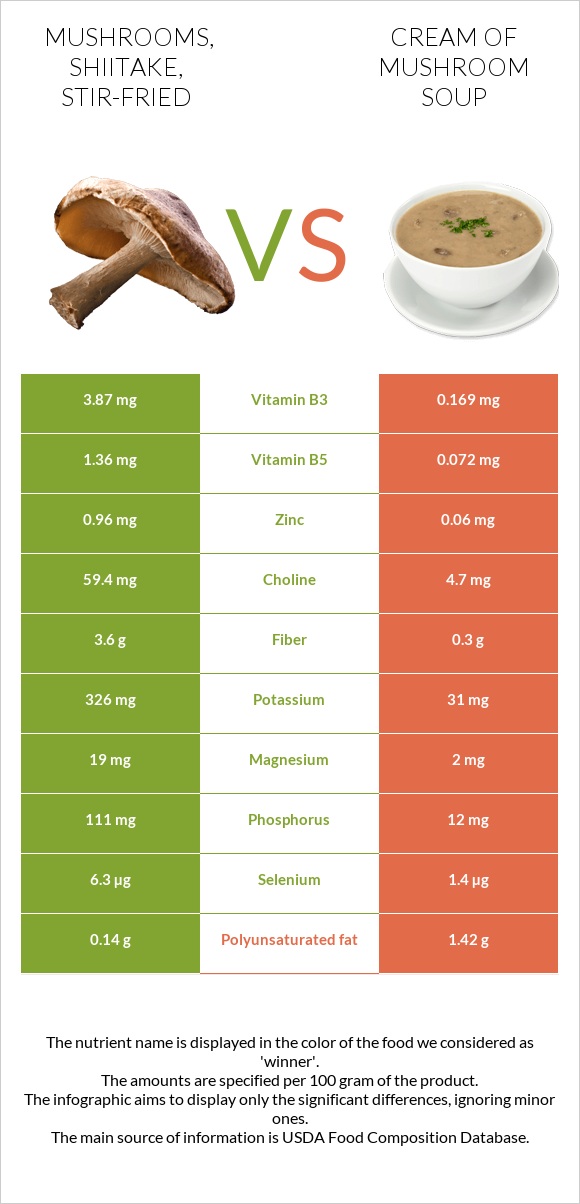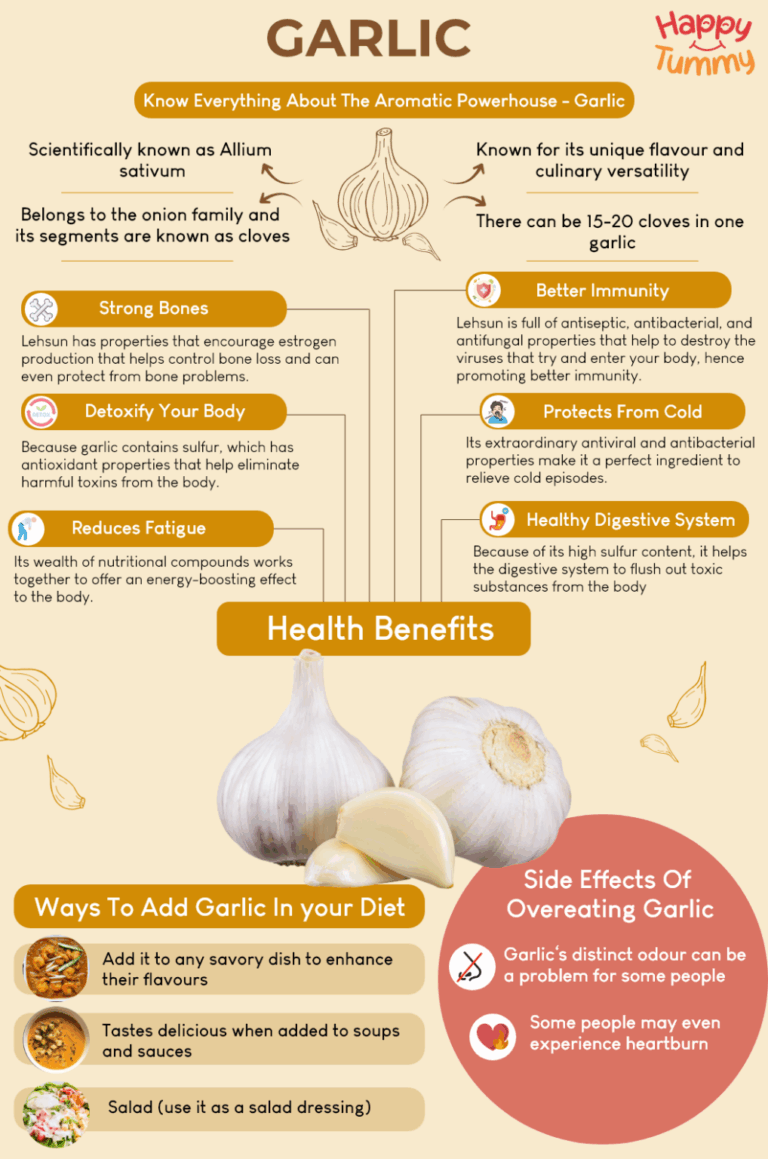Gut Health Hero: Why Nutmeg is Your Digestive System’s Best Friend
In the sprawling epic of human history, spices have played roles far grander than mere culinary accents. They’ve been currencies, catalysts for exploration, and, perhaps most profoundly, the bedrock of traditional medicine. Among these ancient titans, one unassuming seed, with its warm, pungent aroma and subtle sweetness, has consistently held a quiet power: nutmeg. Often relegated to pumpkin pies and festive lattes, this spice holds a deeper secret, a story whispered through generations and now increasingly illuminated by modern science: nutmeg is a true gut health hero, a steadfast ally for your digestive system.
This isn’t merely a tale of a spice adding flavor; it’s a narrative of synergy, of bioactive compounds working in concert to foster a thriving internal ecosystem. For the discerning individual, the knowledgeable seeker of holistic wellness, understanding nutmeg’s profound impact on gut health requires delving beyond its surface appeal, into the very mechanisms that make it a digestive system’s best friend.
The Ancestral Whisper: Nutmeg’s Journey Through Time and Tradition
To truly appreciate nutmeg’s heroic stature, we must first trace its ancient lineage. Hailing from the pristine Banda Islands, often called the "Spice Islands" of Indonesia, Myristica fragrans – the evergreen tree that gifts us nutmeg and mace – was once guarded with fierce secrecy. For centuries, Arab traders monopolized its distribution, weaving fantastical tales to protect their source. When Europeans finally "discovered" the islands in the 16th century, nutmeg ignited wars and shaped empires, its value surpassing that of gold.
Beyond its economic and geopolitical sway, nutmeg was revered in traditional medicine systems across the globe. In Ayurveda, it was celebrated as a digestive stimulant, carminative, and an agent for calming the mind – properties intricately linked to gut well-being. Traditional Chinese Medicine employed it to warm the spleen and stomach, alleviate diarrhea, and strengthen digestive function. Unani medicine, too, prescribed it for indigestion, flatulence, and to improve appetite. These ancient healers, observing and documenting for millennia, understood a fundamental truth: a healthy gut underpins overall vitality. They saw in nutmeg a gentle yet potent force capable of restoring balance to this vital internal engine.
The wisdom of these traditions, passed down through generations, wasn’t based on double-blind placebo-controlled trials. It was born from keen observation, empirical evidence gathered over countless applications, and a deep understanding of the human body’s intricate interconnectedness. Today, as we navigate an era of unprecedented digestive distress, this ancestral whisper is growing louder, inviting us to rediscover the humble nutmeg and its potent capabilities, now viewed through the lens of contemporary scientific inquiry.
The Kingdom Within: Understanding Your Gut Microbiome
Before we fully appreciate nutmeg’s heroic deeds, we must first comprehend the kingdom it seeks to serve: your gut. Far from a mere tube for processing food, the human gastrointestinal tract is a bustling metropolis, home to trillions of microorganisms – bacteria, fungi, viruses, and archaea – collectively known as the gut microbiome. This intricate ecosystem, weighing as much as your brain, is a symphony of life playing out within you, profoundly influencing not just digestion, but also immunity, metabolism, mood, and even cognitive function.
A healthy gut microbiome is characterized by diversity and balance. Beneficial bacteria thrive, fermenting dietary fibers into short-chain fatty acids (SCFAs) like butyrate, which fuel gut cells, reduce inflammation, and strengthen the gut barrier. They produce vitamins, aid in nutrient absorption, and educate the immune system. When this delicate balance is disrupted – a state known as dysbiosis – pathogenic microbes can gain an upper hand. This imbalance can lead to a cascade of problems: chronic inflammation, impaired digestion, leaky gut syndrome, nutrient deficiencies, and a heightened risk for a spectrum of conditions ranging from irritable bowel syndrome (IBS) and inflammatory bowel disease (IBD) to metabolic disorders, allergies, and even neurological issues.
The modern diet, rich in processed foods, sugar, and artificial additives, coupled with stress, antibiotic overuse, and environmental toxins, places immense pressure on this internal kingdom. Consequently, many individuals find themselves battling various forms of digestive distress. It is into this challenging landscape that nutmeg, with its rich tapestry of bioactive compounds, emerges as a potential champion, offering a multifaceted approach to restoring harmony and resilience within the gut.
Nutmeg’s Arsenal: The Bioactive Compounds Behind the Heroism
Nutmeg’s power isn’t mystical; it’s molecular. Its aromatic and medicinal properties stem from a complex array of volatile oils and non-volatile compounds. For a knowledgeable audience, understanding these constituents is key to appreciating how nutmeg functions as a gut health hero.
-
Volatile Oils: These are the heart of nutmeg’s aroma and many of its therapeutic effects. They comprise a significant portion of the seed’s weight and include:
- Myristicin, Elemicin, Safrole: These are the most well-known psychoactive compounds in nutmeg, responsible for its hallucinogenic effects at extremely high doses. However, in culinary quantities, their impact is primarily on aroma and subtle therapeutic actions. Critically for gut health, they also possess antimicrobial and anti-inflammatory properties.
- Terpenes (Sabinene, Pinene, Limonene, Camphene, Linalool): These aromatic hydrocarbons are abundant in many plants and are celebrated for their diverse biological activities. In nutmeg, they contribute significantly to its anti-inflammatory, antioxidant, and antimicrobial profile. Limonene, for instance, is known for its gastroprotective effects and ability to stimulate digestive enzymes.
-
Phenolic Compounds: These plant-based compounds are powerful antioxidants and anti-inflammatory agents. Nutmeg is rich in:
- Flavonoids: A large class of plant pigments with potent antioxidant and anti-inflammatory effects. They can help protect gut cells from oxidative damage and modulate immune responses.
- Lignans: Phytoestrogens with antioxidant and anti-inflammatory properties, also studied for their potential role in modulating gut microbiota.
-
Other Beneficial Compounds:
- Macelignan: A lignan found in nutmeg and mace, known for its strong anti-inflammatory and antioxidant activities.
- Nutmeg oil: The essential oil extracted from nutmeg concentrates many of these volatile compounds, making it a potent, albeit to be used with caution, form of the spice.
The brilliance of nature, and indeed of nutmeg, lies in this synergistic interaction. These compounds don’t act in isolation; they work together, amplifying each other’s effects to create a comprehensive therapeutic impact on the digestive system.
The Digestive Symphony: How Nutmeg Plays Its Part
With its impressive arsenal, nutmeg steps onto the stage of your digestive system, ready to perform a symphony of beneficial actions.
1. The Anti-inflammatory Maestro: Soothing the Gut’s Fire
Chronic inflammation is a silent saboteur of gut health, implicated in everything from IBS and IBD to colon cancer. The gut lining, a single-cell-thick barrier, is constantly exposed to food antigens, toxins, and microbial metabolites. When this barrier becomes inflamed, its integrity is compromised, leading to increased permeability – often termed "leaky gut."
Nutmeg’s potent anti-inflammatory properties are perhaps its most significant contribution to gut health. Compounds like macelignan, myristicin, and various terpenes and flavonoids have been shown in in vitro and animal studies to:
- Inhibit pro-inflammatory mediators: They can suppress the production of cytokines (e.g., TNF-α, IL-6) and enzymes (e.g., COX-2, iNOS) that drive inflammatory processes.
- Modulate signaling pathways: They may interfere with pathways like NF-κB, a central regulator of inflammatory responses.
- Reduce oxidative stress: By scavenging free radicals, nutmeg’s antioxidants protect gut cells from damage that can trigger and perpetuate inflammation.
For individuals suffering from the relentless discomfort of conditions rooted in gut inflammation, nutmeg offers a gentle, natural approach to calming the storm, potentially helping to restore the integrity of the gut lining and alleviate symptoms.
2. The Antimicrobial Guardian: Balancing the Microbiome
While not an antibiotic in the conventional sense, nutmeg possesses significant antimicrobial properties that can help restore balance within the gut microbiome. Its volatile oils, particularly myristicin and elemicin, exhibit broad-spectrum activity against various pathogens:
- Bacteria: Studies have shown nutmeg extracts to be effective against certain strains of bacteria, including Escherichia coli, Staphylococcus aureus, and even Helicobacter pylori, a bacterium implicated in gastritis, ulcers, and stomach cancer. By inhibiting the growth of these undesirable inhabitants, nutmeg can prevent them from outcompeting beneficial bacteria and causing digestive upset.
- Fungi: Nutmeg also demonstrates antifungal activity, notably against Candida albicans, an opportunistic yeast that can overgrow in the gut, leading to candidiasis and a host of digestive and systemic symptoms.
This selective or broad-spectrum antimicrobial action is crucial. Rather than indiscriminately wiping out all microbes (as broad-spectrum antibiotics can do, leading to dysbiosis), nutmeg appears to help keep pathogenic populations in check, creating a more favorable environment for beneficial bacteria to flourish. This guardian role is essential for maintaining the diversity and resilience of the gut microbiome.
3. The Carminative and Spasmolytic Soother: Easing Discomfort
One of nutmeg’s most immediate and traditionally recognized benefits is its ability to alleviate common digestive discomforts like gas, bloating, indigestion, and cramps. This is due to its carminative and spasmolytic properties:
- Carminative: Nutmeg helps to expel gas from the intestines, reducing bloating and flatulence. The volatile oils stimulate the production of digestive enzymes and bile, which can improve the breakdown of food, thereby reducing gas formation.
- Spasmolytic: The compounds in nutmeg can relax the smooth muscles of the gastrointestinal tract, alleviating spasms and cramps often associated with conditions like IBS. This muscle-relaxing effect can help promote smoother peristalsis (the wave-like contractions that move food through the digestive tract), facilitating healthy bowel movements.
For those who experience post-meal heaviness, uncomfortable distension, or unpredictable abdominal pain, a touch of nutmeg can offer a comforting and effective remedy, easing the digestive burden and promoting a sense of lightness.
4. The Antioxidant Protector: Shielding Gut Cells
Oxidative stress, caused by an imbalance between free radical production and the body’s ability to neutralize them, can damage gut cells, contribute to inflammation, and impair gut barrier function. Nutmeg, rich in phenolic compounds, flavonoids, and lignans, is a powerful antioxidant:
- Free Radical Scavenging: These compounds actively neutralize harmful free radicals, protecting the delicate cells of the gut lining from oxidative damage.
- Cellular Protection: By reducing oxidative stress, nutmeg helps maintain the integrity of the gut barrier, preventing the "leakiness" that allows toxins and undigested food particles to enter the bloodstream, triggering systemic inflammation and immune responses.
This protective action is foundational to long-term gut health, safeguarding the cellular machinery that keeps the digestive system functioning optimally.
5. The Indirect Prebiotic Influence: Nurturing Good Bacteria
While nutmeg itself is not a significant source of dietary fiber, its actions can indirectly foster a healthier environment for beneficial gut bacteria. By reducing inflammation, inhibiting pathogens, and improving overall gut motility, nutmeg creates a more hospitable terrain where probiotic species can thrive. A calmer, less inflamed gut with fewer opportunistic pathogens allows beneficial bacteria to colonize and perform their vital functions more effectively, contributing to the production of beneficial SCFAs.
6. The Digestive Enzyme Stimulator: Enhancing Nutrient Absorption
Traditional uses often highlight nutmeg’s ability to stimulate appetite and improve digestion. This is partly due to its potential to enhance the secretion of digestive enzymes. When food is properly broken down, nutrients are more readily absorbed, fueling the body and preventing undigested food particles from fermenting excessively in the colon, which can lead to gas and bloating. Better nutrient absorption also means the gut cells themselves receive the necessary building blocks to repair and maintain their health.
The Story of Integration: Welcoming Nutmeg into Your Life
Embracing nutmeg as a gut health hero doesn’t require drastic measures. Its integration into your daily routine can be simple, delightful, and highly effective, provided it’s done with mindful moderation.
Culinary Applications Beyond the Sweet:
While synonymous with sweet dishes, nutmeg’s versatility extends far beyond.
- Savory Dishes: A pinch can elevate creamy sauces, vegetable gratins, mashed potatoes, spinach, squash, and root vegetable dishes. It pairs wonderfully with cheese-based recipes.
- Soups and Stews: Add a touch to lend depth and warmth, especially to cream-based or vegetable soups.
- Curries and Ethnic Cuisine: It’s a staple in many Indian, Middle Eastern, and Caribbean savory preparations.
- Beverages: Beyond lattes, consider adding a tiny grating to warm milk (dairy or non-dairy) before bed, or to a soothing herbal tea. It can also complement a morning smoothie.
Forms of Nutmeg:
- Whole Nutmeg: The most potent and freshest form. Grate it freshly as needed with a microplane or fine grater. This preserves its volatile oils and ensures maximum flavor and therapeutic benefit.
- Ground Nutmeg: Convenient, but its potency diminishes faster than whole nutmeg. Store in an airtight container in a cool, dark place.
- Nutmeg Essential Oil: This is highly concentrated and should be used with extreme caution, and only under the guidance of a qualified aromatherapist or healthcare professional. It is generally not recommended for internal consumption due to its potency and potential toxicity.
The Golden Rule: Moderation is Key:
This is where the "knowledgeable audience" aspect becomes critical. While nutmeg is a hero, it’s a hero with a potent edge. At high doses (typically several teaspoons or more, or consuming the essential oil), the myristicin can induce psychoactive effects, including nausea, dizziness, hallucinations, and even convulsions.
- Recommended Dose: For culinary and therapeutic purposes, a pinch (¼ to ½ teaspoon) per serving or per day is generally considered safe and effective.
- Listen to Your Body: Start with small amounts and observe how your body responds.
- Contraindications: Pregnant or breastfeeding women, individuals with liver disease, or those on certain medications (especially antidepressants or anti-coagulants) should consult a healthcare professional before increasing nutmeg consumption.
A Holistic Approach:
Nutmeg is a powerful ally, but it is not a standalone solution. Its benefits are amplified when integrated into a holistic approach to gut health that includes:
- A Fiber-Rich Diet: Emphasize diverse plant foods, whole grains, fruits, and vegetables to feed beneficial gut bacteria.
- Hydration: Drink plenty of water.
- Stress Management: Practice mindfulness, meditation, yoga, or other stress-reducing techniques, as stress profoundly impacts gut health.
- Regular Exercise: Promotes healthy gut motility and reduces inflammation.
- Adequate Sleep: Essential for gut repair and overall well-being.
- Probiotic-Rich Foods: Incorporate fermented foods like yogurt, kefir, sauerkraut, and kimchi.
The Future of the Hero: What Lies Ahead for Nutmeg Research
While traditional wisdom and emerging scientific evidence paint a compelling picture of nutmeg’s gut-healing prowess, the story is far from complete. For a knowledgeable audience, it’s important to acknowledge the frontiers of research.
- Human Clinical Trials: Much of the current scientific understanding comes from in vitro (test tube) and animal studies. More rigorous, well-designed human clinical trials are needed to confirm specific dosages, long-term effects, and efficacy in various digestive conditions.
- Specific Compound Isolation: Further research into isolating and understanding the precise mechanisms of individual bioactive compounds within nutmeg could lead to targeted therapeutic applications.
- Gut Microbiome Modulation: Deeper investigation into how nutmeg’s compounds specifically interact with and modulate the composition and function of the human gut microbiome is a promising area.
- Synergistic Effects: Exploring how nutmeg interacts with other herbs and spices to enhance gut health benefits could uncover even more potent natural remedies.
The journey of nutmeg from ancient reverence to modern scientific validation is ongoing, but the initial chapters are profoundly encouraging.
Conclusion: The Enduring Legacy of the Gut Health Hero
In the grand narrative of our health, the gut stands as a central character, dictating much of our physical and mental well-being. To nurture it is to invest in our vitality, resilience, and happiness. And in this noble endeavor, the humble nutmeg emerges as a truly unsung hero, a steadfast friend to our digestive system.
From its ancient origins on the distant Spice Islands to its place in our modern kitchens, nutmeg has carried a quiet power. Its story is one of tradition validated by science, of complex botanical chemistry working in harmony with our internal biology. With its anti-inflammatory prowess, antimicrobial guardianship, soothing carminative effects, and antioxidant protection, nutmeg offers a multifaceted approach to fostering a healthy, balanced gut microbiome.
As we continue to navigate the complexities of modern living and its impact on our digestive health, let us not overlook the simple, profound gifts of nature. Let us re-embrace nutmeg, not just as a seasonal flavor, but as a daily ally, a warm and comforting presence that gently guides our gut towards harmony. In its subtle spice lies a powerful testament to the enduring wisdom of the past and the promising potential for a healthier future, making nutmeg truly your digestive system’s best friend.
